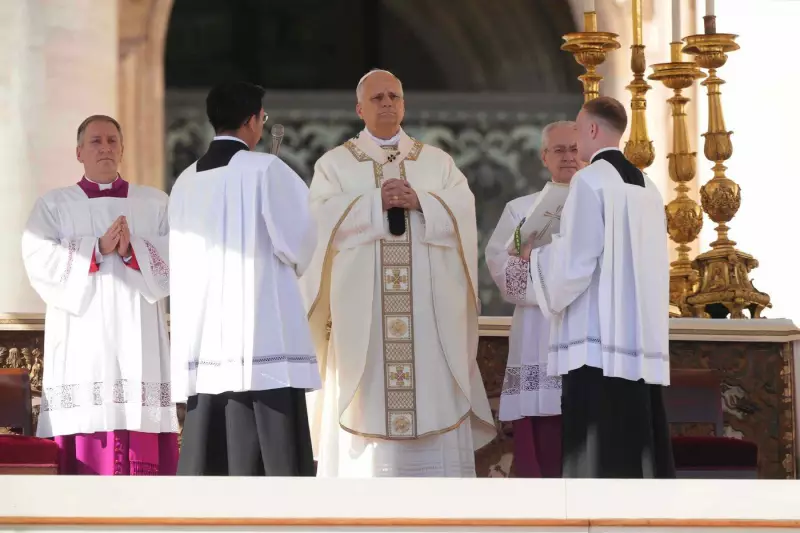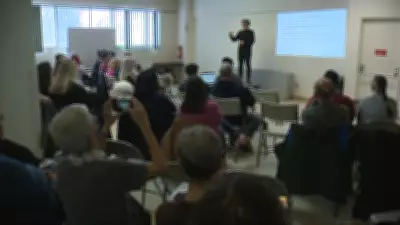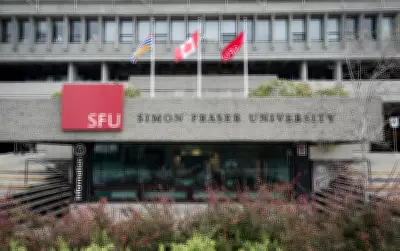
In a significant development for the Catholic Church, Pope Francis has elevated Cardinal John Henry Newman to the prestigious rank of Church Doctor during a ceremony at the Vatican. This rare honor places the 19th-century English theologian among an elite group of only 36 saints recognized for their profound theological contributions.
A Landmark Decision for Catholic Education
The Pope's declaration carries substantial weight for Catholic educational institutions worldwide. During his address, Francis emphasized that Newman's teachings remain remarkably relevant to contemporary educational challenges. "Newman's wisdom offers crucial guidance for Catholic schools and universities navigating modern complexities," the Pontiff stated, signaling a renewed focus on religious education.
Who Was Cardinal John Henry Newman?
Cardinal Newman, who lived from 1801 to 1890, was a prominent figure in the Oxford Movement before converting to Catholicism. His extensive writings on education, faith, and conscience have influenced Catholic thought for generations. The Vatican's recognition underscores Newman's enduring impact on theological discourse and educational philosophy.
What Does "Doctor of the Church" Mean?
This distinguished title is reserved for saints whose writings have significantly advanced theological understanding. Newman joins other renowned Doctors including St. Augustine, St. Thomas Aquinas, and St. Teresa of Avila. The designation acknowledges his exceptional contributions to Catholic doctrine and educational theory.
Strategic Timing for Catholic Institutions
The Pope's announcement comes at a pivotal moment for Catholic education globally. Many institutions face declining enrollments and increasing secular pressures. By elevating Newman, Francis sends a clear message about the Church's commitment to maintaining strong educational foundations rooted in faith and intellectual tradition.
This development is particularly meaningful for Catholic educators and administrators seeking to reinforce their institutions' religious identity while addressing contemporary educational needs. Newman's emphasis on conscience formation and intellectual development provides a framework for Catholic schools balancing tradition with modern educational demands.
The Vatican's decision is expected to inspire renewed interest in Newman's educational philosophy and strengthen the mission of Catholic learning institutions across the English-speaking world and beyond.





